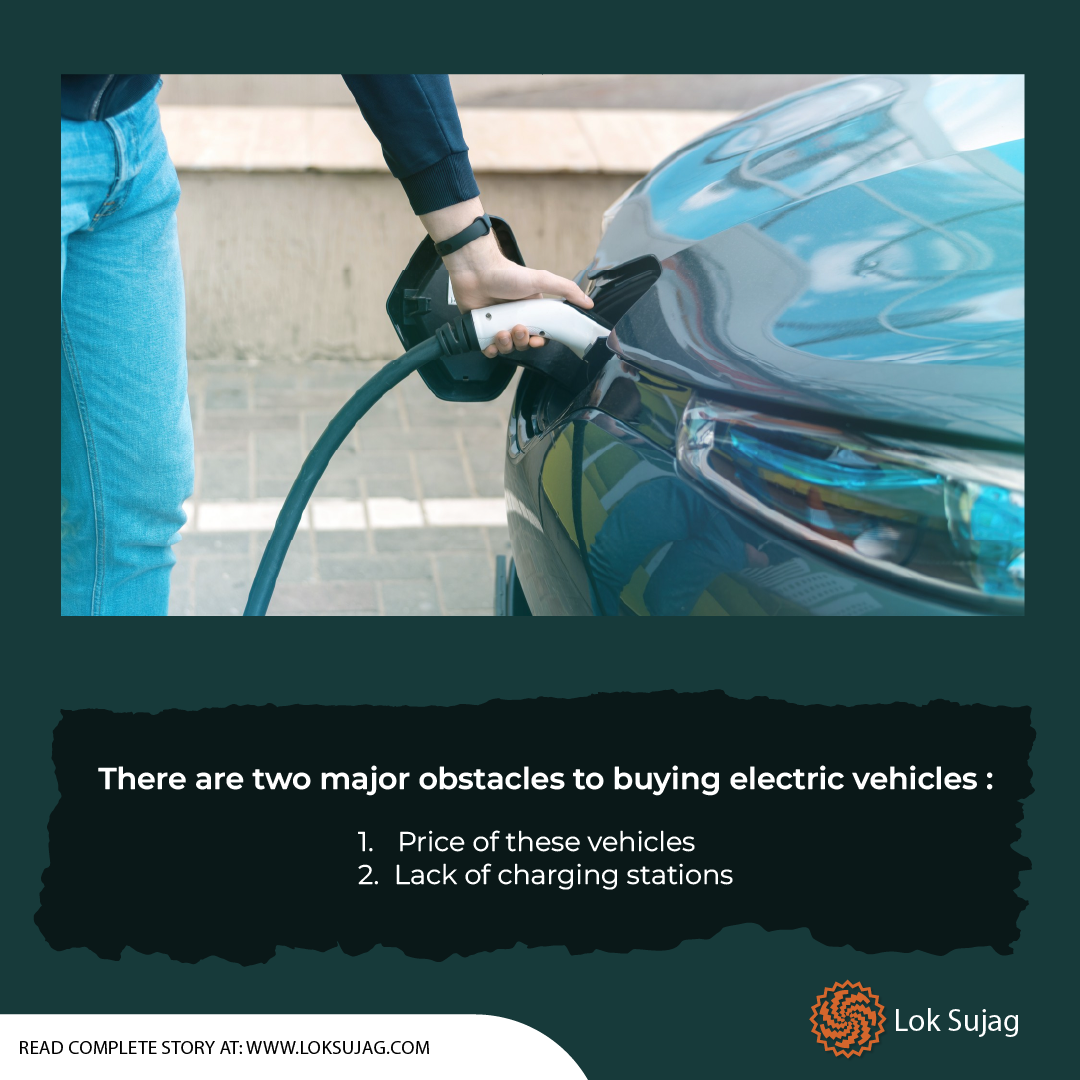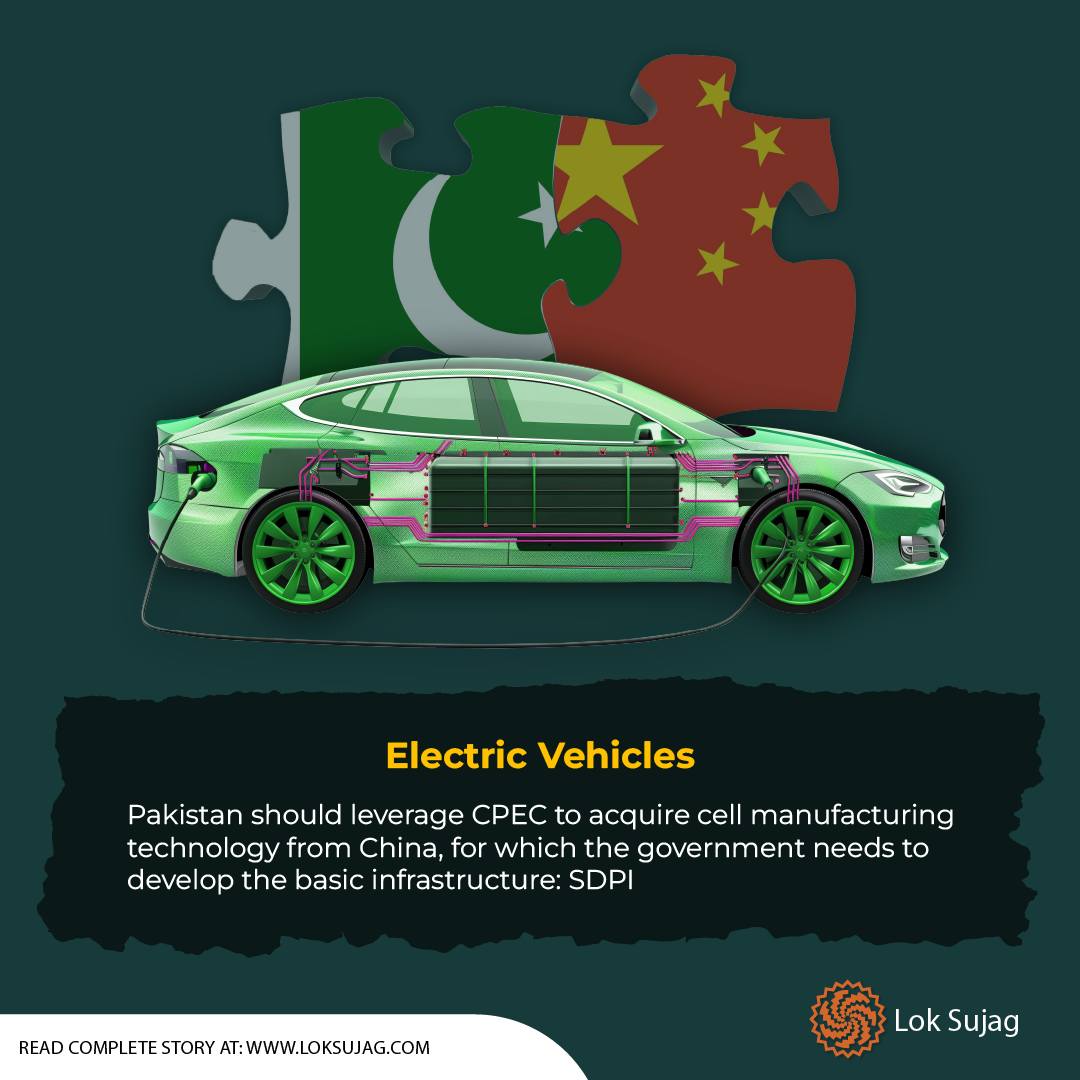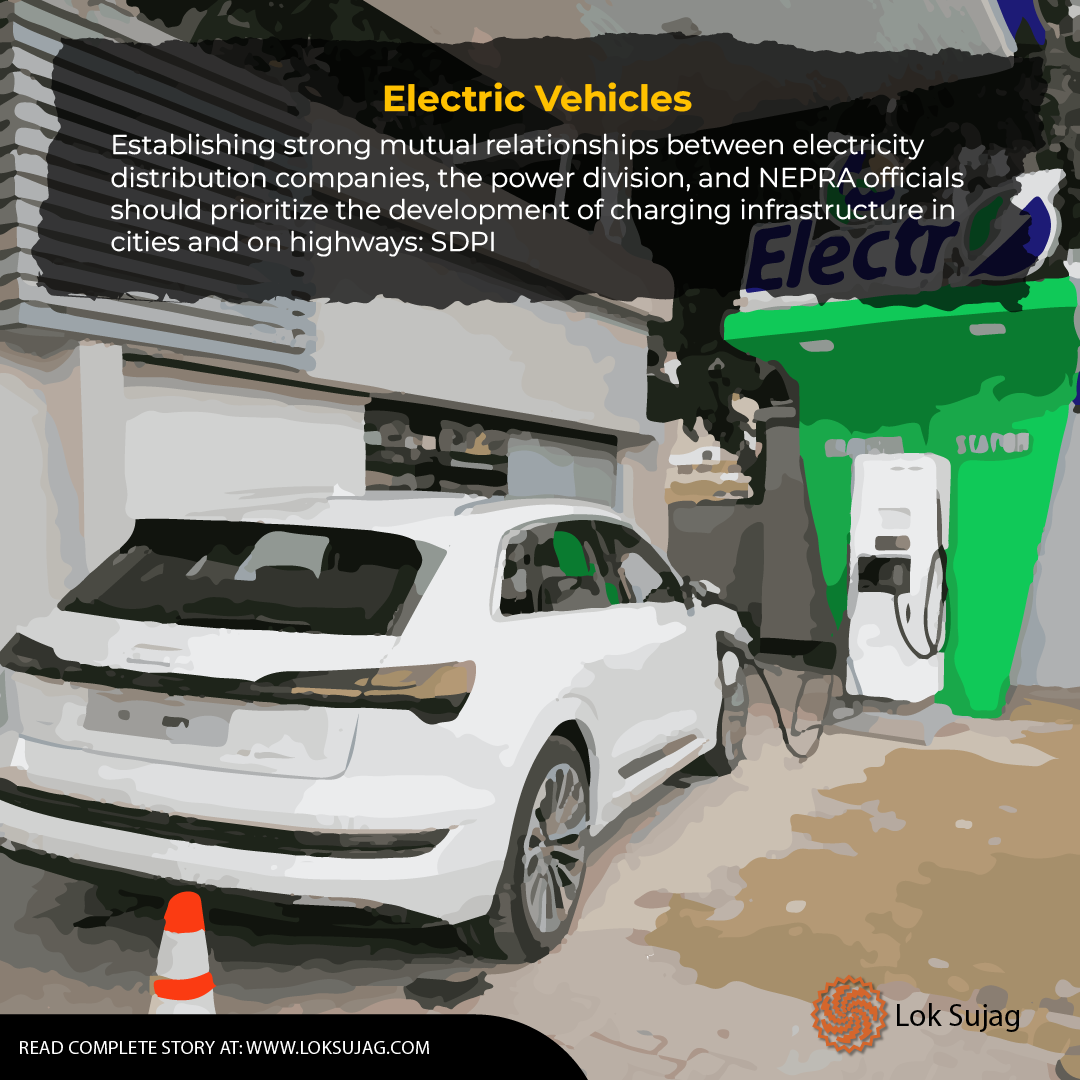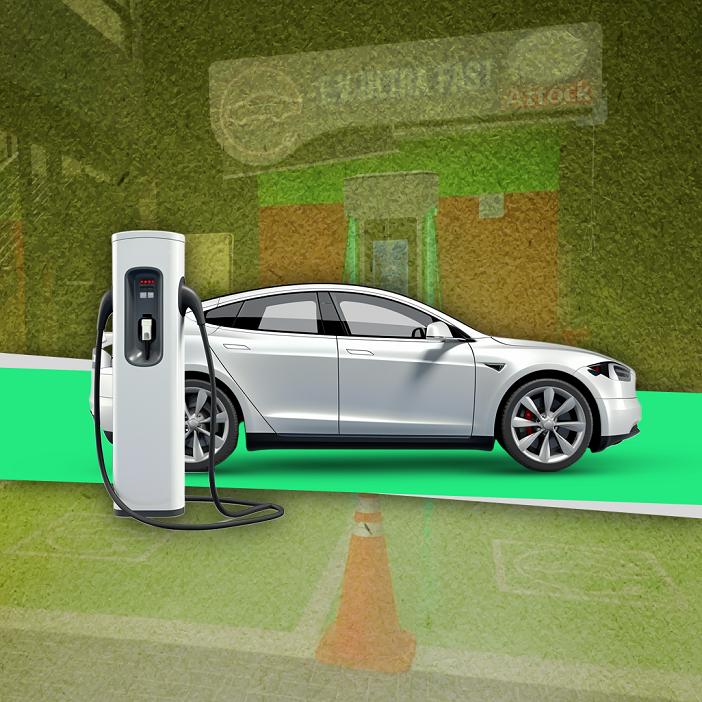Tehreem Fatima, who is a resident of DHA Lahore works in a private company in Johar Town. She goes to her office in a car but the rising petrol cost has caused her trouble.
“Our salaries have not increased for the last three years, while the inflation has risen several times. In June 2021, the petrol was Rs110 per litre, which has now increased to Rs294 per litre. Consequently, I have to spend Rs1,000 on petrol daily.”
Fatima is willing to buy an e-car but high-quality electric vehicles (EVs) are quite expensive. Moreover, there are only two charging points in the city and not a single one on her way to work so she can’t take the risk of buying an EV.
In Pakistan, more than three dozen companies have a license for EV manufacturing and assembly. Despite this, there is no domestic production or import.
It's not that Pakistani citizens don't want to adopt EVs as a large number of people here are fed up with rising petrol prices and they want to buy EVs.
But there are two major obstacles in their way, one is the cost of these vehicles due to expensive batteries and the other is the lack of charging stations.

Owners of e-bikes have set up charging points at their homes while various organisations, especially delivery companies, have set them up in their parking areas where riders can easily recharge the bikes battery. But there is no such facility available for three-wheelers or four-wheelers.
According to Electromaps, a website providing worldwide information on charging e-vehicles, there are only eight charging stations in Pakistan, of which three are in Islamabad and two in Lahore. While there is only one operating station each in Sargodha, Hafizabad and Karachi.
According to Shell, a countrywide functional petroleum company, they have provided two e-cars recharging facilities in Karachi by the name of ‘Shell Recharge’ on Rashid Minhas Road and in Gadap Town.
Expensive e-cars and batteries issue
“The cost of a lithium-ion battery is about half the cost of an EV,” says the MakeUseOf, a technology related firms. Therefore, EVs cannot be made less expensive without dropping the battery price.
Researchers at Japan’s Osaka Metropolitan University have developed a process that can lead to mass synthesis for sodium-containing sulfides that will lead to the production of solid-state sodium batteries.
These batteries will be safer and cheaper than lithium batteries because sodium is more abundant than lithium.

On the other hand, Toyota company has already indicated that their first EVs with solid-state batteries can hit the road by 2025, which will be a game-changer. Solid-state batteries are more powerful and take up less space.
However, they will have to rely on expensive lithium batteries until solid-state batteries are introduced in the market.
Hidayatul Rehman, the director of sales and marketing at Chinese e-bike and rickshaw assembler company EvOne, says that some local companies are installing used lithium batteries as they are cheaper than new ones. He explains that the battery price depends on its capacity. More amperage means more cost.
“Lead-acid graphene batteries in e-bikes and e-rickshaws can be charged at home. These batteries are fully charged with about two-and-a-half units of electricity in six to eight hours. They have an average lifespan of 1,000 cycles (1,000 times recharge) and warranty of about one to one-and-a-half years,” says Rehman.
Challenges and solutions
Obaidur Rahman Zia, the senior research associate at the Sustainable Development Policy Institute (SDPI), explains that EVs reduce fuel consumption and they are eco-friendly. However, there are some challenges associated with them.

According to him, limited models of vehicles, lack of skilled manpower, expensive batteries and lack of charging stations are barriers to the evolution of EVs. He says that SDPI has prepared proposals with the help of some experts according to which Pakistan should get cell manufacturing technology from China by taking advantage of the China Pakistan Economic Corridor (CPEC). For this purpose, the government should provide primary infrastructure.
“As a result of local battery manufacturing, the country’s manufacturing sector will also get benefit along with the 38 license-holder EV companies. Pakistan will also have to import raw materials for cobalt and lithium batteries.”
According to the SDPI, to reduce imports and to train labour, it is important to set up a motor institute having the preparation and research facilities available for lithium batteries, BLDC (brushless direct current) motors and controllers along with other EV parts.
“This will lead to innovation and technological advancement in the EV sector while also facilitating maintenance and repair of electric vehicles.”
Call for subsidies and tax incentives
Mr Zia says that subsidies and incentives should be given to relevant stakeholders, including the Ministry of Climate Change, for the production and sale of EVs. Tax concessions on battery imports will encourage consumers and businesses to switch to EVs.
Also Read

Growing trend of e-bikes and the question of subsidies
The SDPI recommends encouraging public-private partnerships for installing charging stations.
"Building of charging infrastructure in cities and highways should be prioritised with strong coordination between power distribution companies, power division and National Electric Power Regulatory Authority (Nepra). Moreover, these stations should immediately obtain the transformers and connections facility.”
He says the government should provide subsidies or tax incentives on electricity rates for charging station operators. Installing a charging point at every petrol pump can be made mandatory, but for this, incentives for investment or low-interest loans should be provided.
Hasnain Mehdi, the project director of Sazgar Engineering Works, an EV manufacturing company, says home-chargers are available for e-bikes as they have small batteries but the lack of charging points for three and four-wheelers is a major concern.
He complains that the charging station costs much but the government has not made any policy for it yet and one is willing to invest without the government policy.
“The government should introduce subsidy and loan facilities for production and purchase of EVs along with a policy for charging stations.”
Asim Ayaz, a member of the Engineering Development Board, believes that there is growing investment in EV production but the main concern is the sale of these expensive vehicles.
“The Engineering Development Board has proposed to convert CNG pumps into EV charging stations which will require an effective policy and tariff structure,” he suggests.
Published on 3 May 2024




















